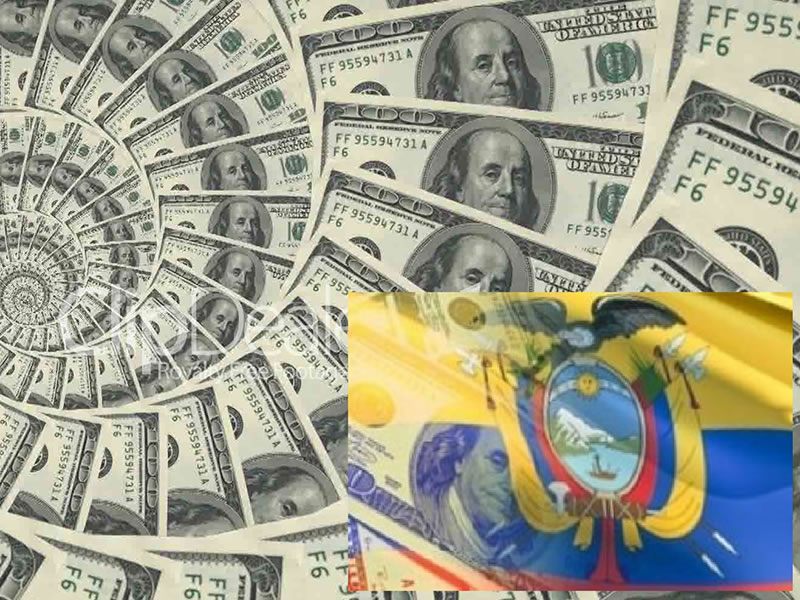RIO DE JANEIRO, BRAZIL – At a time when the recurring debate on the possibilities of dollarizing the Argentine economy is back, with the publication of Alfredo Romano’s book “Dollarization, a path towards economic stability”, it is worth taking a look at what happened in Ecuador, a country that embraced dollarization back in the year 2000.
On January 9 of that year, President Jamil Mahuad dollarized the Ecuadorian economy, in a climate of political polarization that soon led to his departure from government.
In the early years, this extreme decision generated a wave of protests, which weakened the country’s political stability. But as the years went by, it became a very popular decision that to this day enjoys the approval of the majority of the population, even though the economy is going through serious problems.
Read also: Check out our coverage on Ecuador
The current opposition to this experiment, which has been going on for two decades, argues that the government lacks a key instrument of financial administration, since it cannot issue banknotes or devalue its currency. Consequently, at a time when the deficit is soaring, there is no alternative but to cut social spending, with all that this implies, or to go into debt at rates that are not always the most beneficial.

Meanwhile, those who celebrate the measure argue that dollarization made it possible to liquidate the bad karma of galloping inflation, which in 1999, one year before adopting the US currency as legal tender, reached a 100% increase in the food basket. They also argue that it served to avoid any adventure that would break with the economic orthodoxy and cause disorder in the public accounts.
The truth is that beyond the discrepancies generated by the measure, no politician, regardless of his or her party, has dared to change the current monetary scheme. Although every electoral campaign resumes the discussion on the benefits or problems of dollarization, there is an unwritten law postulating that any candidate who insinuates any criticism of dollarization will commit political suicide before the electorate.
Even former leftist/populist President Rafael Correa, who governed from 2007-2017, did not dare to undermine the pillars of Ecuadorian dollarization. When he had been in government for two years, he said that it had been “the worst technical-economic absurdity that has been carried out in the country”, but he immediately admitted that “getting out of dollarization is tremendously chaotic.”
Leonardo Izquierdo Montoya, from the Faculty of Economic Sciences of the Universidad Técnica Particular de Loja, pointed out that the adoption of the measure meant at the beginning an “impressive loss for thousands of families, who became poorer”.
However, in retrospect, he concluded that the measure had a pacifying effect on the economy. “We have inflationary control and, above all, confidence in the currency. Another issue is macroeconomic stability because a stable currency allows you to project in the long term.”
For his part, Vicente Albornoz, dean of Economics at the Quito-based Universidad de la Américas, added political valuation to the cost-benefit analysis. “It forces us to have discipline,” he says, “if we didn’t have it, after 10 years of Correa we would be in a situation similar to the Venezuelans. Dollarization is a blockade to the temptations of unlimited deficits.”
Economist Pablo Dávalos, from the think tank Foro de Economía Alternativa y Heterodoxa of Ecuador and professor at the Universidad Andina Simón Bolívar, is among the detractors: “Dollarization has brought monetary stability, but with a gigantic social cost.”
Economist Gabriela Calderón seems to answer him. “Despite having one of the largest economic contractions in the region, we have no inflation, no bank runs, no capital flight,” adding that the financial system is in a relatively stable situation despite the crisis. She concludes: “the cause of the crisis is a fiscal deficit of close to US$8 billion, which has nothing to do with the type of currency used by the country.”

